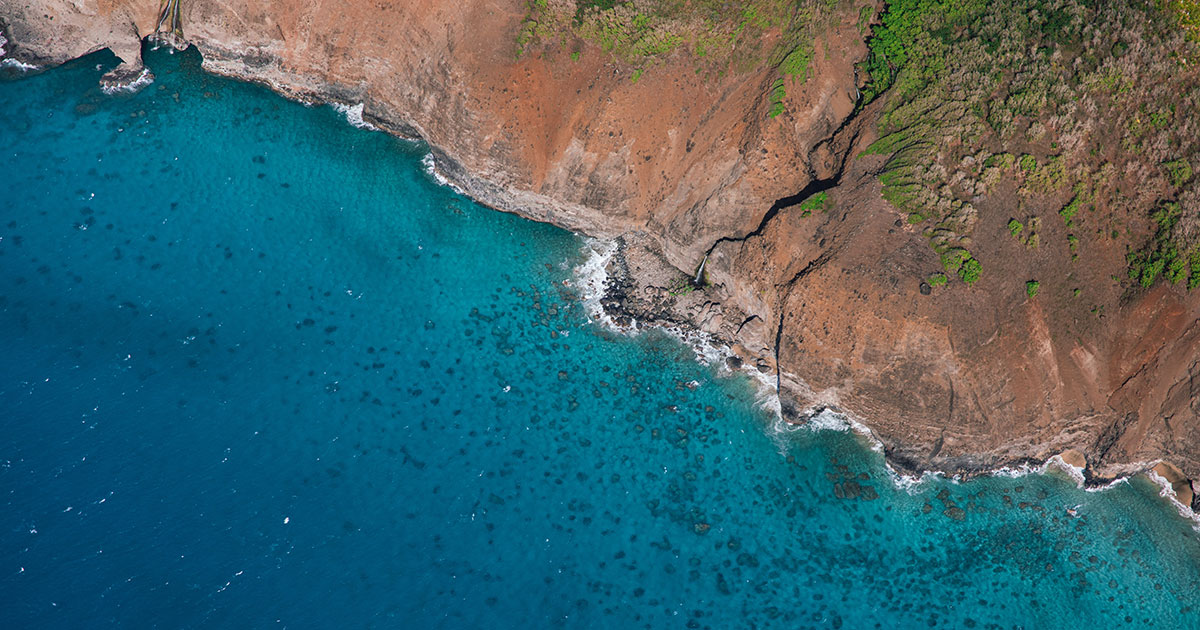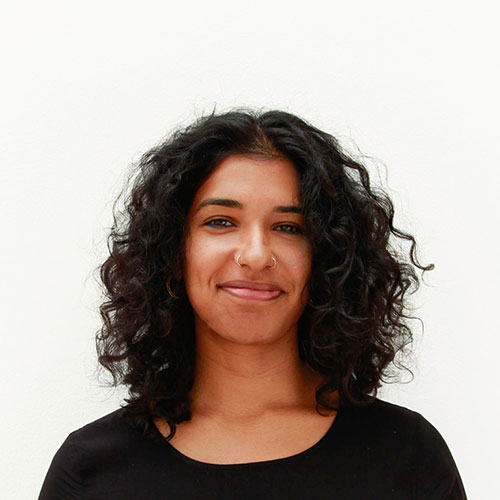RISE
★ ★ ★ ★
OF THOSE WHO CAME BEFORE

Image by Lisha Riabinina
By Aishwarya Vardhana
Kauai, Hawai’i, June 2022
“Your ID,” says the disinterested TSA security guard. I nervously dig through my back pocket, afraid that by some terrible chance I had left it at home on my desk. “Thanks,” I say breathlessly, taking it back once my boarding pass beeps on her scanner.
“And how do I say your name?” she asks my boyfriend.
“Just as it’s spelled. Mohnish.”
Mohnish and I gather our things and wait in the slow crawling line of travelers in socks. Each person with laptop in hand, the men holding brown belts, teenagers in tank tops, having removed their sweatshirts.
“Thank god I didn’t forget to renew my license,” I mutter.
“No Hawai’i, no nothing Aishu”, Mohnish says to me. We are traveling overseas but staying within American borders. I look forward to warm beaches and blue water.
Our flight boards and Mohnish and I settle into our seats, ready for the five-hour journey. We like to sit with our arms linked, and I lean in to gently bump the sides of our heads together.
“Would be neat to travel without being ID’d, huh, bangari?” I say.
“Well, I guess they need a way to know who we are,” he responds, absently.
“Good afternoon, this is your captain, Robert Miller,” comes a smooth, deep voice on the intercom. “This is flight UA 1141, flying from San Francisco to Hawai’i. Looks like we have pleasant flying conditions today, folks.” The travelers barely listen. They know the drill, even the small children.
“Ok, but let’s say I lose my ID in Hawai’i. Would they not let me go home?”
“She wants to stay in Kauai forever,” Mohnish simpers playfully, poking me in the side with his forefinger. “But yeah, I don’t know, babe. Probably.”
“What if I could prove that I lived in San Francisco? Or that I’m from Oregon?”
“How would you prove that Ms. Vardhana?” I smile at the title and twirl his curls, wondering.
On our last full day in Hawai’i Mohnish and I decide to take a boat tour of the Nā Pali coast, northwest Kauai’s towering sea cliffs. A split second decision leaves us on a small boat with another couple (“See her jug of water and iced coffee? She’s hungover,” Mohnish points out as we board) and a captain who is larger than life.
“Aloha!” his stentorian voice greets us at 8am on the dock, reaching our ears before his boat nears.
“Aloha…?” we respond.
“I couldn’t hear that?! Try it again! Aloha!”
“Aloha!” the four of us reply in unison.
“Aloha! My name is Captain Ikaika and THIS is the Nā Pali heavenly tour, a business owned and operated by native Hawai’ians! Looks like it’s the six of us today my friends!” he says and gestures to a little boy scrambling barefoot along the edge of the boat, rope in hand. His blonde mane frames a sweet but alert face. Captain Ikaika pulls the boat to the dock and asks us to place our wallets and other small items in his glove compartment for safekeeping. The blue sky promises limitless adventure and so we begin our voyage out to sea.
As we skim and bounce toward the ancient coastline, Captain Ikaika regales us with tales of choppy waters, hidden coves, and visitors who vomit from sea sickness. Burly, tan, tatted, and grizzled, the captain stretches in multiple directions as he gesticulates through his stories. At one point we pass some surfers and the good Captain exchanges yelps and howls with them.
“It’s like the gods pinched each ridge, one by one.” He sweeps long black hair away from his eyes and points at the approaching cliffs. My mouth is wide as I drink in the landscape.
“And we have friends with us!” Captain Ikaika whips the boat with one arm, and we spin to a halt as a pod of dolphins swims past us. I whistle and click hoping for a response.
“She speaks Nai’a!” Captain Ikaika exclaims at me.
Our morning comes to an end and our journey back begins. The Captain swivels on his seat and looks back at the four of us as we barrel forward through mountainous waves.
“My good people!” He is holding court, and we blink back. “My brother is currently suing the government for trying to give him a DUI.”
“How’s that?”
“He’s a native Hawai’ian. A child of the King. The United States has no jurisdiction over him. So he’s suing them!” I nod slowly as the noble Captain’s intentions dawn on me.
“Hawai’i does not belong to the United States. They seized this land illegally. Your own president confessed so.” [1] He places emphasis on every other word, speaking slowly as if we did not understand English. “But what is a Hawai’ian? A child of the King is what. We are polynesian and Tahitian but foremost the children of Kamehameha the Great.” [2] I’m curious to hear more but the wind picks up, making even Captain Ikaika’s horn of a voice indiscernible.
The next morning we take a taxi to the airport and wait in line to check in for our flight home. I pass my license to the flight agent, a woman with large cheeks and dark black hair pulled tightly into a long braid. Mohnish grabs my shoulder with a wild look in his eye, “I left my ID on Captain Ikaika’s boat…”
* * *
As a writer I am the child of those who came before me. Kauai, Hawai’i, June 2022 was inspired by Indian author R.K. Narayan and his book of short stories “Malgudi Days”. There are writers who are Indian and there are Indian writers. The difference lies in their sensibilities. Narayan is an Indian writer. He is able to capture the poetry of Indian life using a humorous and gentle, bordering simple style which signals a most delightful knowing of how Indians are. He spins gold from straw, just as Indians do. “Malgudi Days” immerses us in the lives of everyday Indians in the fictitious south Indian town of Malgudi. As you read you will turn page after page, and unknowingly spend an entire afternoon in Malgudi. A postman, an astrologer, a young student, a doctor and many others will pull you into their uncalculating and ordinary yet universal worlds. Naryan’s beautifully crafted short stories tell truths. As I read “Malgudi Days” I felt pangs of longing for my grandparents and their sensibilities. Interestingly, Narayan was a contemporary of my grandfather G.T. Narayana (GTN) Rao in Mysore, India. Both men played pivotal roles in shaping Mysore’s art and culture. GTN was a lifelong atheist and vocal opponent of organized religion; his search for truth was by way of art and science. As his granddaughter my own spiritual exploration has been devoid of religion but full of literature and journalism. For the last seven years I have been working in the journalism and information space and slow-cooked the question, what is a worldview and what is its power? What comes first, the view or its byproduct? What if America was redrawn to match Captain Ikaika’s narrative, and how are the world’s ever-changing borders creating, recreating, and destroying narratives? I leave you with these questions in the hope that we may arrive at answers together.

Aishwarya Vardhana (she/her) is a digital product designer, artist, and writer. She is interested in decoloniality, feminism, knowledge equity, and systems thinking.
























0 Comments